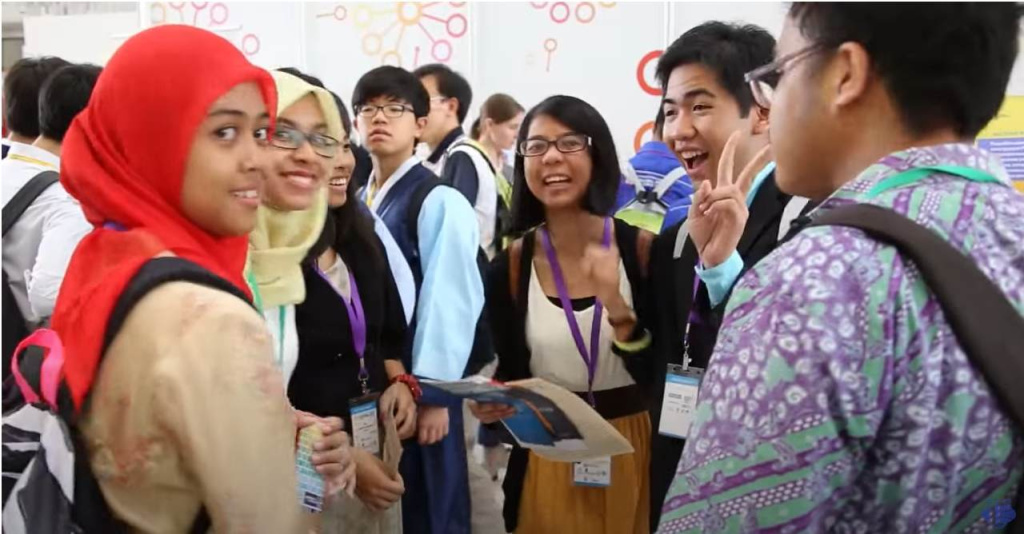Photo credit: RUDN University / youtube.com
The number of students who come to Russia to study from countries that are members of the Organization of Islamic Cooperation (OIC) is growing, TASS reports. In 2022, there were almost 15,000 more than in 2021. According to Airat Gatiyatov, who holds the post of Deputy Head of the Ministry of Education and Science of the Russian Federation, the number of quotas allocated for the OIC countries by the Russian government is also increasing.
At the end of last year, the number of students from OIC states exceeded 260,000 people. Of these, about 85,00 receive state-funded grants. The Deputy Minister specified that this academic year, OIC countries have been allocated more than 7,000 state-funded places in Russian universities. This is 1,500 more than a year before. The quota for next year will be 10,000 places.
Medical, economic, engineering majors are very popular among students. They also often choose management and international relations. Russia is also preparing to sign intergovernmental agreements on cooperation in the educational field with Bangladesh, Malaysia and Saudi Arabia.
Airat Gatiyatov assured that the national higher school is still popular abroad. Of course, there are countries where fewer students come from now, but perhaps this was influenced by the situation in the international arena. The Ministry of Education and Science has no doubt that the interaction with each of the OIC countries will only grow stronger. ''We are focusing on the program of mutual recognition of diplomas and internships,'' the Deputy Minister specified.
Russkiy Mir


